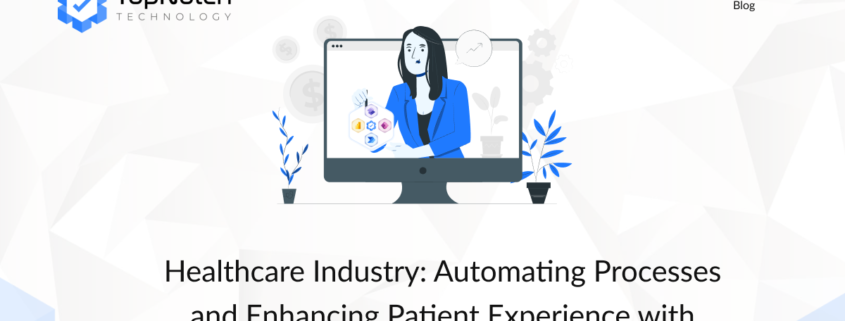Healthcare Industry: Automating Processes and Enhancing Patient Experience with Microsoft Power Platform
Introduction: The healthcare industry is constantly evolving, facing pressures to enhance patient care, reduce costs, and improve operational efficiency. Digital transformation has become a necessity, but healthcare organizations struggle with legacy systems, manual workflows, and data silos that impede progress. To address these challenges, institutions are increasingly turning to automation and low-code platforms like Microsoft Power Platform.
Challenges in the Healthcare Industry:
Healthcare organizations must navigate various challenges, including:
- Regulatory Compliance: Healthcare providers must adhere to regulations like HIPAA (Health Insurance Portability and Accountability Act) in the U.S., GDPR in Europe, and local healthcare regulations.
- Patient Experience: Patients expect faster, more efficient services, and healthcare organizations need to enhance engagement and streamline appointment bookings, patient records, and billing processes.
- Data Security: With vast amounts of sensitive medical data, healthcare providers must implement robust data security measures.
- Operational Efficiency: Many processes are still manual or inefficient, from billing to patient onboarding and approval workflows.
Power Platform’s Impact on Healthcare:
- Power Apps: Healthcare providers can build apps that simplify patient onboarding, appointment scheduling, and patient care workflows. Using Power Apps, hospitals can automate the patient registration process and provide healthcare professionals with real-time access to patient records, improving care delivery.
- Power Automate: Healthcare institutions can automate tasks like patient intake, insurance verification, and billing processes, reducing administrative overhead. Automation in these areas helps improve accuracy, reduce costs, and speed up processes.
- Power BI: Power BI enables healthcare providers to gain real-time insights into operational data, helping them track patient outcomes, manage resources, and optimize processes.
- Power Virtual Agents: Virtual agents can assist patients in scheduling appointments, answering common healthcare-related questions, and checking the status of prescriptions or test results.
Case Study: A large hospital network adopted Power Platform to automate patient scheduling and intake processes. Previously, this was a manual, paper-based workflow that caused long wait times. By utilizing Power Apps for appointment scheduling and Power Automate for data entry, the hospital reduced the time required for patient onboarding by 40%.
